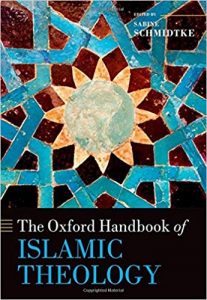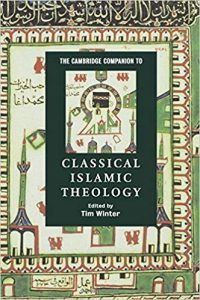According to the Wikipedia article, propaganda is:
information that is not objective and is used primarily to influence an audience and further an agenda, often by presenting facts selectively to encourage a particular synthesis or perception, or using loaded language to produce an emotional rather than a rational response to the information that is presented. Propaganda is often associated with material prepared by governments, but activist groups, companies, religious organizations and the media can also produce propaganda.
It is the dream of perhaps all governments to produce (a) a coherent, fictive vision of reality (past, present and future) and (b) to convince the populace of the truth of this fictive worldview.

George Orwell’s novel 1984 is an exploration of an imaginary world where propaganda has been taken to its logical conclusion. The government is able to create a reality and implant it in almost every citizen’s mind through a very powerful system of propaganda and control.
Reading 1984 is naturally a depressing experience since there appears to be no realistic reason why such a world cannot eventually come about. As the science of propaganda continues to improve, especially today that it can be enhanced with extremely capable artificial intelligence, governments will continue to be able to exert better control over the minds of citizens.

For an atheist who views the world as a closed system, there is no realistic reason to be optimistic about the future of propaganda. The propaganda system will continue to improve until it reaches a point of singularity where it becomes more complex than any human mind, and thus capable of exerting irresistible influence on human minds. A person can of course refer to chaos theory or quantum uncertainty to say that any system of propaganda can eventually break down due to the simple unpredictability of human thought. But this is just a possibility, and one can still fear the thought that a sufficiently intelligent AI will be able to find ways of handling chaos and uncertainty.
But for a theist, things are much more hopeful. By considering this universe a simulation-like thing (as I discuss in this essay), and by considering the soul an entity that resides outside of it, we are faced with a situation where the complexity of the human can never be overcome. The human soul resides outside the simulation and is independent of it, therefore the simulation can never overcome its complexity. It would be like trying to open a locked box with a key that is inside it.
As is common with all simulations, the infrastructure upon which the simulation runs is more complex than the simulation itself. A video game is a simulation, and the world inside is far, far less complex than the computer upon which the video game operates. The soul belongs to that higher-order world of complexity, therefore it is impossible for anything within our universe to reach its level of complexity. Therefore since (a) the soul is independent of the universe and (b) the soul belongs to a higher-order reality, it follows that (c) no system of information within the universe can match it or overpower it.
Thus Hawramani’s Theological Law of Propaganda is:
No system of propaganda can ever reach the complexity of a single human intellect, therefore humanity is eternally immune from complete control by propaganda.
To put it another way, the dystopian vision of 1984 is unrealistic and impossible. All governments’ efforts at mind-control of the populace are incredibly feeble compared to the object they are dealing with: humans. Humans, by the virtue of having extra-universal souls, are not objects but subjects–subjects that look into the universe from the outside.
Thus as a theist, I can justify complete optimism about humanity’s ability to overcome propaganda.
Of course, I have an even more important reason to be optimistic: God exists, He is in charge, and He will not let any tyrant entirely corrupt His earth:
And they defeated them by God’s leave, and David killed Goliath, and God gave him sovereignty and wisdom, and taught him as He willed. Were it not for God restraining the people, some by means of others, the earth would have gone to ruin. But God is gracious towards mankind.
The Quran, verse 2:251.

